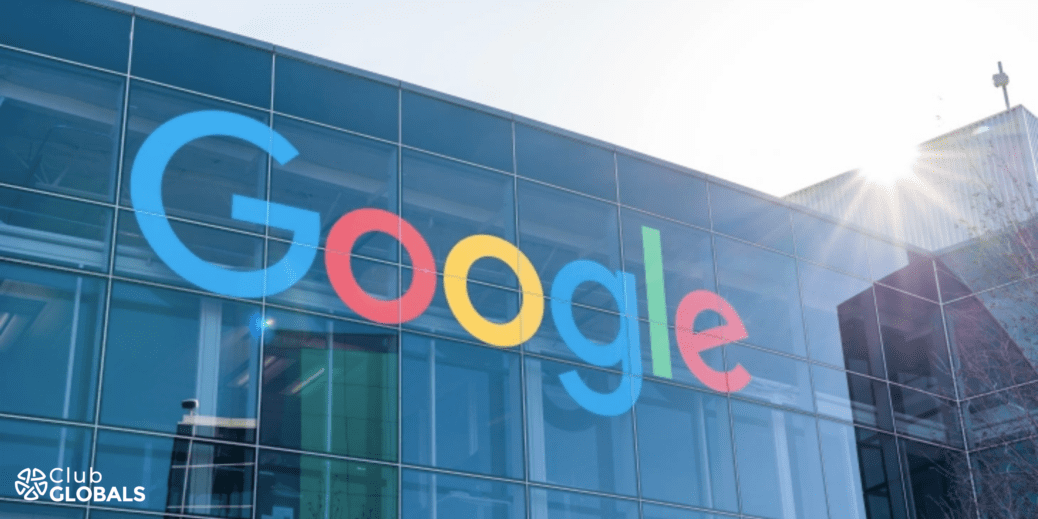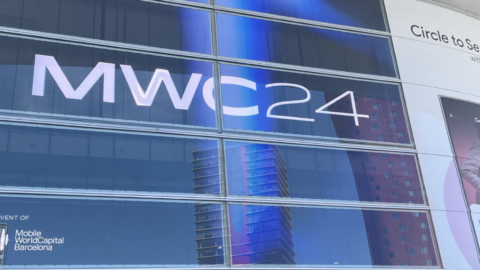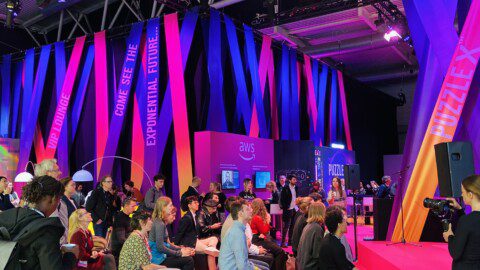Google’s AI Advancements: A Balance of Innovation and Privacy Concerns Amidst Global Accessibility Issues
In the shadows of the tech industry, Google has been meticulously preparing for an AI revolution for the past decade. The curtain was finally drawn at Google I/O 2023, where the tech giant unveiled a plethora of groundbreaking advancements that carry the potential to transform the tech landscape and innovation.
The most significant progress has been in the fields of generative AI and Augmented Reality (AR), both of which are set to dramatically alter our interactions with the world. In a key strategic move, Google has also announced a landmark partnership with Adobe, fusing the forces of design and technology in a manner never witnessed before. Generative AI, a domain where Google has made significant inroads, revolves around creating fresh content from scratch. Be it a musical composition, a piece of artwork, a written article, or an entirely new product design, the scope for innovation and creativity is boundless.
Google’s strides in Augmented Reality (AR) are equally noteworthy. AR superimposes digital data onto the real world, amplifying our perception and interaction with our environment. With Google’s advancements in AR, we are on the cusp of a future where AR will be as ubiquitous as smartphones are today.
The icing on the cake? Google’s revealed collaboration with Adobe. They’re rolling out the Geospatial Creator for Adobe Aero, a platform that facilitates the preview of 3D assets against a lifelike 3D depiction of the world. This alliance harnesses the power of ARCore and Photorealistic 3D Tiles from Google Maps Platform, coupled with Adobe’s design expertise, signaling the onset of a new epoch in design and technology. However, the journey to these advancements hasn’t been devoid of hurdles. Google has weathered numerous challenges over the past decade, including internal discord and public criticism over privacy issues. Despite this, these obstacles appear to have served as valuable lessons for Google, inspiring a commitment to ethically balanced, technologically robust AI advancements.
While we’re hurtling towards an AI-centric future, Google’s progress serves as a beacon of the thrilling potential this technology encapsulates. As we, the GLOBALS community, frequently say, “Innovation isn’t just about matching the pace of technology but spearheading the creation of a superior future.” However, it’s crucial to point out that amidst the glow of these advancements, some shadows remain. Notably, Google’s AI technology, BARD, is not yet available in Europe and Canada. The reasons behind this are unclear, but it raises questions about international accessibility and potential regulatory issues. Furthermore, there are ongoing concerns about privacy implications as AI continues to advance. With the amount of data these technologies process and generate, the question is – how can privacy be assured? It’s a considerable doubt that Google, and indeed all tech companies, need to address convincingly.
Stay with Club GLOBALS for further insights into the dynamic world of tech. Let’s continue to learn, network, and shape the future collectively, with a discerning eye on the balance between innovation and data protection.
You can view the full keynote at I/O 2023 for an immersive experience of these remarkable developments:
8 things impossible on ChatGPT but that Bard can do (for free)
ChatGPT has now a big problem.
— Paul.ai (@itsPaulAi) May 11, 2023
Google just updated its free competitor, Bard.
Here are 8 things impossible on ChatGPT but that Bard can do (for free):








